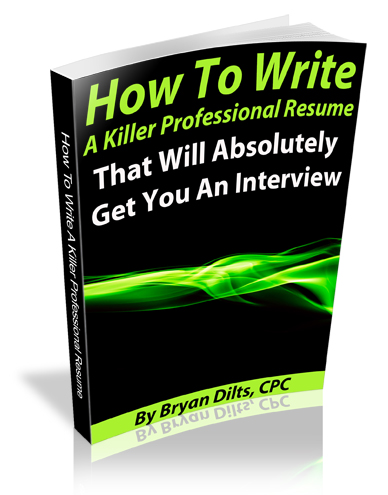Jill had to interview with the person she was going to replace. That person was being fired. It was an uncomfortable situation. Let’s make it worse. That person thought he was irreplaceable. No one could possibly know accounting like he did. No one would work as hard. Jill couldn’t possibly win.
Jill didn’t pass the interview. She won anyway.
It was a chance to spy, do business intelligence and find out about the other leaders. A month later the managers who allowed this curmudgeon to reject her came back to Jill. They came on bended knees. It was a terrible mistake they admitted. But that terrible interview gave her insight to ask difficult questions of those managers. Jill quickly found out that she didn’t want to work for them. We found her a different job that was a much better fit.
If you are thrown into the lion’s den, take advantage of it. You can turn the interview around and find out about the company, the leadership and the rest of the team. You may be able to find out where the company is really going. Find out who the biggest competitors are. One of those competitors may want to hire you. The possibilities are only limited by the questions you ask.
Take a hostile interview and turn it into a learning opportunity. You don’t have to let anyone beat you down.
Later, if you are in a friendly interview, the same questions can show your interest in the company, job, and industry.
Something to do today
In your journal write down questions you can ask in an interview. What would help you in your job search? Showing interest in the company, competitors and industry will actually make you look better in the interview.







